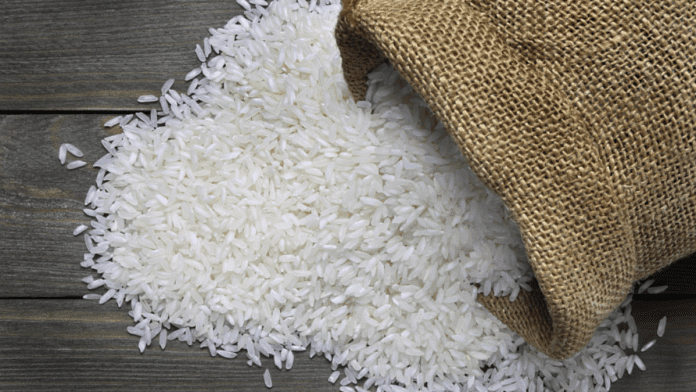News in brief: Rice millers in Kano, Nigeria, are closing operations due to paddy scarcity, raising concerns about higher price of rice, as stated by the Northern Chamber of Commerce Industry, Mines, and Agriculture. The chamber’s chairman called for assistance in mechanisation to ensure year-round rice production and highlighted challenges like high costs and low productivity in the rice value chain.
Nigerian Northern Chamber of Commerce Industry, Mines, and Agriculture (NACCIMA) says that rice millers are shutting down operations in the commercial city of Kano. According to news reports, they are ceasing operations because of the prevailing scarcity of paddy.
Briefing newsmen about the situation, the chambersâ chairman, Dalhatu Abubakar, expressed fear that the paddy scarcity would cause an increase in the price of finished rice.
He called on authorities to take necessary action in the coming weeks to avert food crisis by assisting with mechanisation, which would help farmers keep producing rice paddy all-year round instead of seasonally.
Abubakar said several millers have already cut down production from 24 to 12 hours and begun laying off of factory workers.
Speaking further, he decried the high cost of fuel, tax and electricity bills, and the adverse effects these challenges were having on the millers. He said in the light of current challenges, millers were finding it hard to sustain production with many opting to close their factories altogether.
The association chair envisaged a situation where the end-consumers would have to pay exorbitantly for finished rice. He noted the high price being paid for paddy, as much as 400,000 per ton, as a causative factor.
Rice, a staple in Nigerian households, has seen increasing changes in prices recently. The latest statistics from the National Bureau of Statistics (NBS) shows that it has risen by over 30% year-on-year in June 2023.
Nigeria banned rice importation through land borders in 2016 to shore up local production and in January 2022, it applied a ban on importing rice through countryâs seaports.
Despite increasing productivity per unit area over the last few years however, rice from the country has remained uncompetitive as a result of several inhibiting factors. Chief among these factors include low use of mechanised farming tools, weak infrastructure, and issues with insufficient energy or power needs. These factors have combined to constitute a daunting challenge for the generality of stakeholders in the entire rice value chain.



